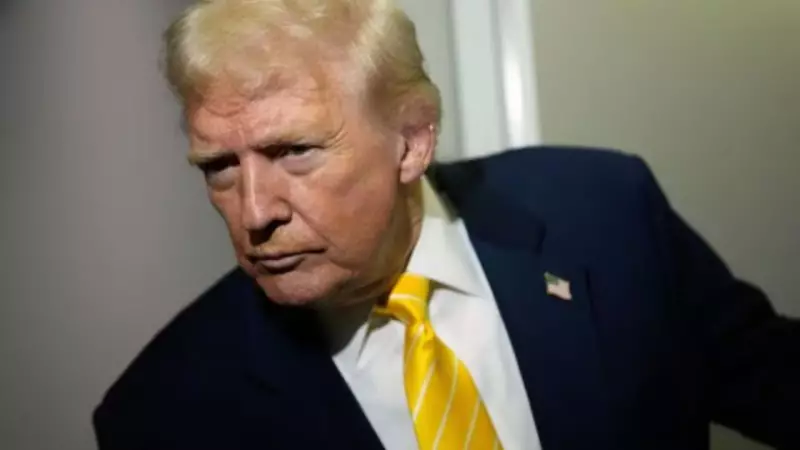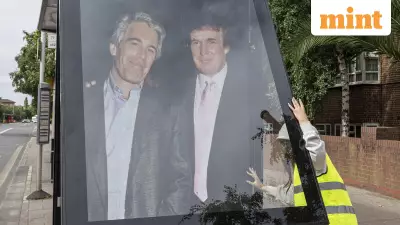
Former President Donald Trump is facing significant challenges in addressing voter concerns about inflation, despite making it a central promise of his campaign. With the 2024 presidential election approaching, many Americans are expressing growing frustration over the rising cost of living that continues to impact their daily lives.
The Broken Promise on Prices
During his previous campaign, Trump had confidently assured voters that he would tackle inflation effectively. However, recent economic data and voter interviews reveal a different reality. Prices for essential goods and services remain stubbornly high, creating financial strain for millions of households across the United States.
Interviews conducted with voters in key battleground states show that economic concerns, particularly inflation, are dominating their decision-making process. Many voters who previously supported Trump now express disappointment that his proposed solutions have failed to materialize or deliver the promised relief. The gap between campaign rhetoric and actual economic performance has become a significant liability for the former president.
Economic Reality Versus Political Promises
The current economic landscape presents a complex challenge for Trump's campaign. While he continues to blame the Biden administration for the country's economic woes, voters are increasingly questioning his ability to provide concrete solutions. Grocery prices, housing costs, and energy expenses have all seen substantial increases, making it difficult for many families to maintain their standard of living.
Economic experts note that the factors driving inflation are global in nature and not easily solved by domestic policy alone. Supply chain disruptions, international conflicts affecting energy markets, and post-pandemic economic adjustments have all contributed to the persistent inflation that continues to trouble American consumers.
Trump's proposed measures, including potential tariff increases and dramatic cuts to government spending, have drawn criticism from economists who warn these approaches could potentially worsen the situation or trigger other economic problems.
Voter Sentiment and Electoral Consequences
The rising voter frustration represents a serious threat to Trump's electoral prospects. In recent surveys, a majority of voters now rank economic issues as their top priority, surpassing other concerns that previously dominated political discourse. This shift in voter focus puts additional pressure on Trump to demonstrate credible plans for economic recovery.
Interviews with undecided voters reveal deep skepticism about all political candidates' ability to handle inflation effectively. Many express feeling caught between candidates who offer competing visions but lack convincing strategies for immediate relief from rising prices.
The timing of this economic discontent couldn't be worse for Trump, who needs to consolidate support among key demographic groups that have been particularly hard hit by inflation. Working-class voters, who formed a crucial part of his base in previous elections, are among those expressing the most significant disappointment with the current economic situation.
As the election campaign intensifies, Trump's team faces the challenging task of convincing voters that their candidate offers the better approach to economic management, despite the current frustrations with persistently high inflation that began during his previous administration and has continued under his successor.





